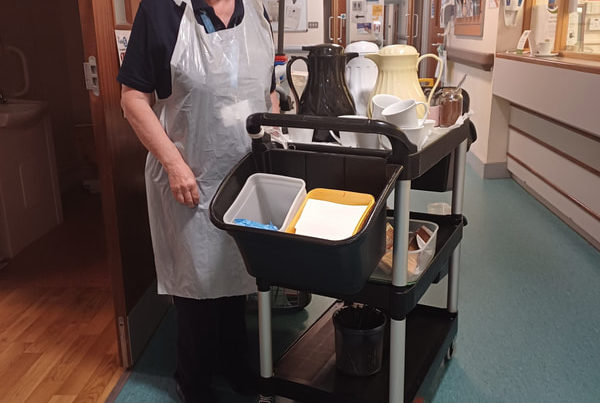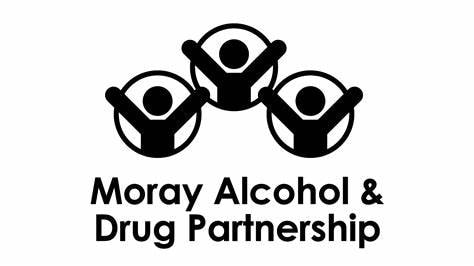
Health & Social Care Moray (HSCM) has launched a pilot project with Elgin Health Centre aimed at proactively identifying people who care for family and friends and helping connect them with the support they may not know is available.
Across the UK, unpaid carers are a crucial pillar in the health and care system, providing essential care and support for family members and friends affected by illness, disability, frailty or other health conditions.
In Moray, it’s estimated there are around 16,200 unpaid carers. However, only around 13% are currently in contact with Quarriers Carer Support Service, which is funded by HSCM to provide advice and support to adults and young people providing informal care.
A major barrier is identification — both by health and care professionals and self-identification by carers themselves. Many people don’t realise that the help they provide makes them a carer. As a result, they often miss out on vital advice, services and entitlements.
The Carers Team at HSCM, working in partnership with Elgin Health Centre, is working to close this gap by training staff to identify carers early and signpost them to support services, including Quarriers and HSCM teams.
Michelle Fleming, Carers Team Manager at HSCM, said: “GP records consistently identify more carers than local authority sources. By strengthening links between HSCM, GP practices and carer services, we aim to ensure carers are recognised and can access the help they need, when they need it.
“This project creates a clear carer pathway within GP practices, promotes annual health checks, and supports contingency planning – all ensuring carers receive timely support and information. It also strengthens our commitment to carers of all ages under the Moray Carers Strategy 2023–2026, with plans to extend this work to include young carers. Together, we’re building a more informed and supportive community for carers in Moray.”
Ivan Augustus, Unpaid Carers representative on the Moray Integration Joint Board which governs services delivered through the HSCM partnership, welcomed the initiative.
“Unpaid carers make up a significant and often invisible ‘workforce’ which our health and social care system relies on,” he said.
“Even though they are providing essential care, many don’t recognise themselves as ‘carers’ – they see themselves as spouses, partners, parents, children, or friends. But without recognising that identity, they often miss out on critical support that could make a difference to their own wellbeing and their ability to continue caring.”
Dr Robert Lockhart, GP Partner at Elgin Health Centre and Clinical Lead for Primary Care in Moray, added: “Early identification allows us to support carers more effectively — helping them look after their own health and wellbeing, reducing the risk of a crisis and possible breakdown of care arrangements.
“For GP practices, early identification allows us to fast-track carers to the right support, including health checks and wellbeing services. It also helps with practical steps like offering flu vaccinations and screenings, and leads to better, more coordinated care planning.”
Elgin Health Centre is the first practice to work with the Carers Team to trial the approach. If successful, the model will be rolled out to other GP practices and to education settings, helping reach more unpaid and young carers across Moray.



